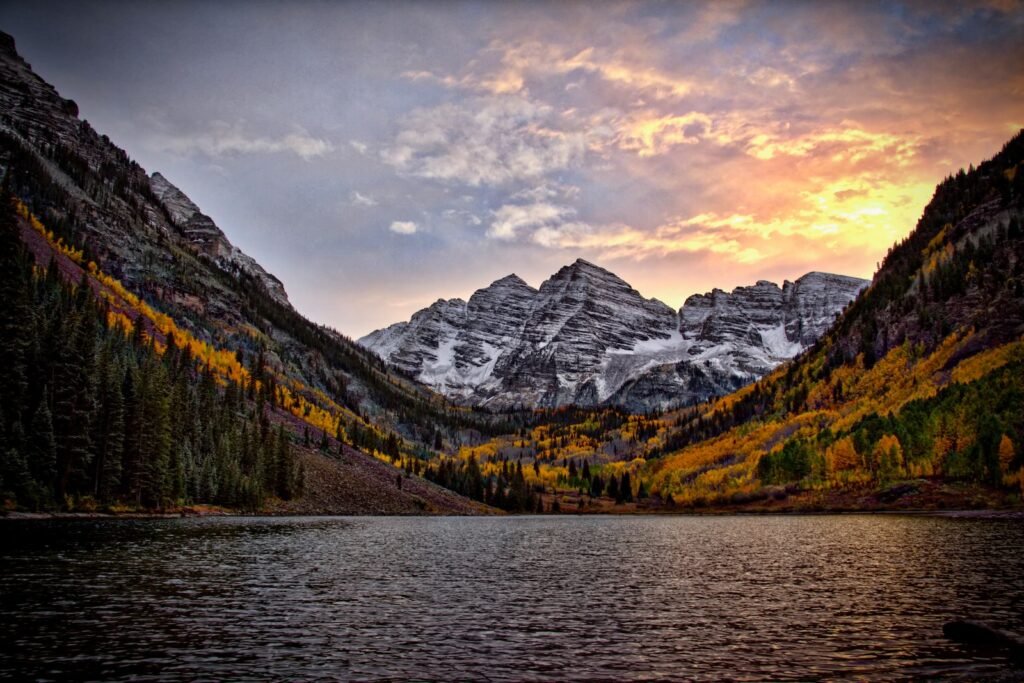Exploring Colorado’s Rich History: A Comprehensive Guide to Metal Detecting
Metal detecting in Colorado is not only a thrilling hobby but also a unique way to uncover the state’s rich history. With its diverse landscapes and colorful past, Colorado offers a myriad of opportunities for enthusiasts to discover hidden treasures and artifacts that tell the story of the region’s past. From the days of the Wild West to the mining boom, metal detecting in Colorado can transport you back in time and provide a deeper understanding of the state’s historical significance. This comprehensive guide will equip you with all the information you need to embark on your own adventure and explore Colorado’s fascinating past through metal detecting.

The Importance of Understanding Colorado’s History
Before delving into metal detecting in Colorado, it is essential to have a solid understanding of the state’s history. This knowledge will not only enrich your experience but also help you identify potential sites of historical significance. Colorado’s past is filled with tales of Native American tribes, Spanish explorers, fur trappers, miners, and pioneers. By familiarizing yourself with these historical periods and events, you can better interpret the artifacts you discover and connect them to the broader narrative of Colorado’s past.
Choosing the Right Metal Detector for Colorado
Selecting the right metal detector is crucial to ensure a successful and enjoyable experience while exploring Colorado’s history. Different detectors are designed for specific types of terrain and targets. In Colorado, you may encounter a wide range of landscapes, including mountains, forests, plains, and desert areas. Therefore, it is recommended to choose a detector that offers versatility and is suitable for various ground conditions. Look for models with features like adjustable discrimination, multiple search modes, and waterproof capabilities to enhance your chances of finding valuable relics.
Researching Historical Sites and Locations
To maximize your chances of making significant finds, thorough research is essential. Colorado is home to numerous historical sites and locations that can yield exciting discoveries. Local libraries, historical societies, and online resources can provide valuable information about areas where significant events occurred or settlements were established. Look for old maps, newspaper archives, and historical records that can guide you to potential hotspots. Additionally, reaching out to experienced metal detecting clubs or forums can help you connect with fellow enthusiasts who can share their knowledge and tips about productive locations.
Essential Tools and Equipment for Metal Detecting
While a metal detector is the primary tool for treasure hunting, there are several other essential items you should have in your arsenal. A good pair of headphones is crucial for effectively hearing the faint signals emitted by buried artifacts. A digging tool, such as a sturdy trowel or a small shovel, will enable you to excavate your finds carefully. Additionally, a pinpointer—a handheld metal detector—can be immensely helpful in locating targets precisely within a small area. Carrying a backpack with water, snacks, and extra batteries is also advisable to ensure you can stay hydrated and keep detecting for extended periods.
Best Practices and Ethics in Metal Detecting
Responsible metal detecting involves adhering to certain best practices and ethical guidelines. Always obtain permission from landowners before detecting on private property and respect any restrictions they may impose. When detecting in public parks or historical sites, be mindful of the environment and avoid causing damage to vegetation or disrupting the landscape. Fill any holes you dig and leave the area in the same condition as when you arrived. Furthermore, it is crucial to report any significant historical finds to local authorities or archaeological departments to contribute to the collective knowledge of Colorado’s history.
Exploring Colorado’s Rich History Through Finds
Metal detecting in Colorado can unearth fascinating artifacts that provide a tangible connection to the state’s past. From Native American arrowheads and Spanish colonial coins to mining relics and pioneer tools, each find has a story to tell. By carefully documenting and researching your discoveries, you can uncover the historical context and significance of the items. Sharing your findings with local historical societies or museums can also contribute to the preservation and interpretation of Colorado’s past, ensuring that future generations can continue to learn from these remnants of history.
Legal Considerations and Permits for Metal Detecting in Colorado
It is crucial to familiarize yourself with the legal considerations and permits required for metal detecting in Colorado. Some areas, such as national parks and archaeological sites, have strict regulations regarding metal detecting. Always check with local authorities or land managers to ensure you are aware of any restrictions or permits needed before detecting in specific locations. Additionally, be aware of cultural heritage laws, as certain artifacts may be protected and should not be removed from their original location. Respecting legal boundaries and obtaining the necessary permits will ensure that you can enjoy metal detecting while also preserving the integrity of Colorado’s historical sites.
Exploring Colorado’s Rich History Through Metal Detecting===
Metal detecting in Colorado offers a thrilling opportunity to unearth the hidden treasures that lie beneath the surface of the state’s diverse landscapes. By understanding Colorado’s history, choosing the right equipment, conducting thorough research, and adhering to ethical practices, you can embark on a journey that not only enriches your own knowledge but also contributes to the preservation and interpretation of the state’s past. Remember, as you explore Colorado through metal detecting, you are not just discovering artifacts; you are uncovering the stories of those who came before and playing a vital role in keeping history alive.
